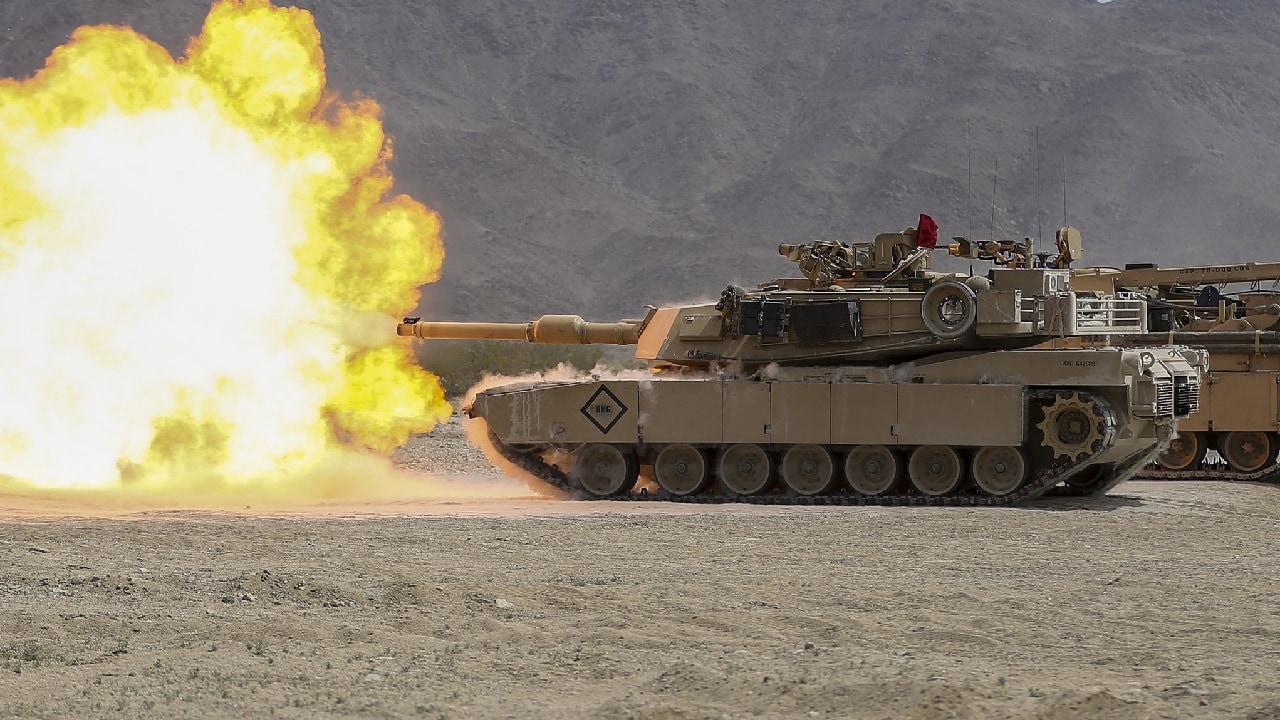As the Ukraine War approaches its first anniversary, Ukraine continues to defy expectations.
(Subscribe to Our YouTube Channel Here. Check out More 19FortyFive Videos Here)
Russian President Vladimir Putin invaded Ukraine, expecting to decapitate its leadership and conquer its territory in a matter of days.
Today, it is Putin who must fear that every day could be his last.
From the beginning of the conflict, White House officials, many of whom like national security advisor Jake Sullivan and his deputy Jon Finer never served in the military, sought to micromanage what military assistance Ukraine really needed to fight for its survival. Initially, Sullivan counseled Ukraine President Volodymyr Zelensky’s evacuation to prevent wider bloodshed.
Zelensky wisely defied him. Fearing they might antagonize Russia, the White House has repeatedly sought to limit the range and quality of weaponry, initially refusing to transfer Stingers and High Mobility Artillery Rocket Systems (HIMARS), for example. Putin counts on such self-deterrence to limit the consequences to his own forces of his aggression.
As Ukraine continues to push Russian forces out of Ukrainian territory, it needs not only precise munitions but also tanks. While Australia has sent Bushmaster armored vehicles, and President Emmanuel Macron said he would send AMX-10 RC armored fighting vehicles, sometimes dubbed “light tanks,” what Zelensky needs are heavier, hardier U.S.-made M1 Abrams tanks or German Leopard-2 tanks.
These tanks are essential to help Ukraine recover its territory. Europe also has a surplus. The United States and Germany could provide them to Ukraine and then backfill the stocks from which supplied them. To suggest Ukraine cannot use them effectively absent training essentially tries to micromanage the with a 5,000 mile screwdriver.
It is condescending to second-guess commanders facing their enemy who have a lifetime of experience and intricate knowledge of weapons platforms and treat the war as if it is an Ivy League seminar. Ukraine is not only the breadbasket of Europe, but it is also a nation of engineers and information technology professionals. Certainly, in peacetime, Ukrainians would have time for full training regimens. But the perfect cannot be the enemy of the good: Ukrainians have repeatedly shown they can learn the basics in about one-quarter of the ideal training time, and improvise the rest. The sooner Ukraine can recover its territory, the safer Europe will be.
On other platforms such as F-16s, training is necessary. It is backwards to debate first whether to provide a platform and then, when the decision is made, delay implementation for a year to accommodate training. Rather than practice incrementalism, Biden should greenlight training first. Not only would this signal U.S. seriousness and convey to Russia that worse is yet to come if they continue their aggression, but it would also speed up implementation of decisions.
The worst outcome is Ukrainians would train and then return home wiser but without the F-16.
International Republican Institute President Daniel Twining is right: Ukraine is already paying us back. Within Congress, there is broad bipartisan consensus on the importance of a Ukrainian victory not only to the cause of freedom and liberty, but also to U.S. national security. It is time to give Ukraine what they need to win the war.
It is time for the White House to act with confident and end its self-doubt.
Michael Rubin is a senior fellow at the American Enterprise Institute, where he specializes in Iran, Turkey, and the broader Middle East. A former Pentagon official, Dr. Rubin has lived in post-revolution Iran, Yemen, and both pre- and postwar Iraq. He also spent time with the Taliban before 9/11. For more than a decade, he taught classes at sea about the Horn of Africa and Middle East conflicts, culture, and terrorism, to deployed US Navy and Marine units.

